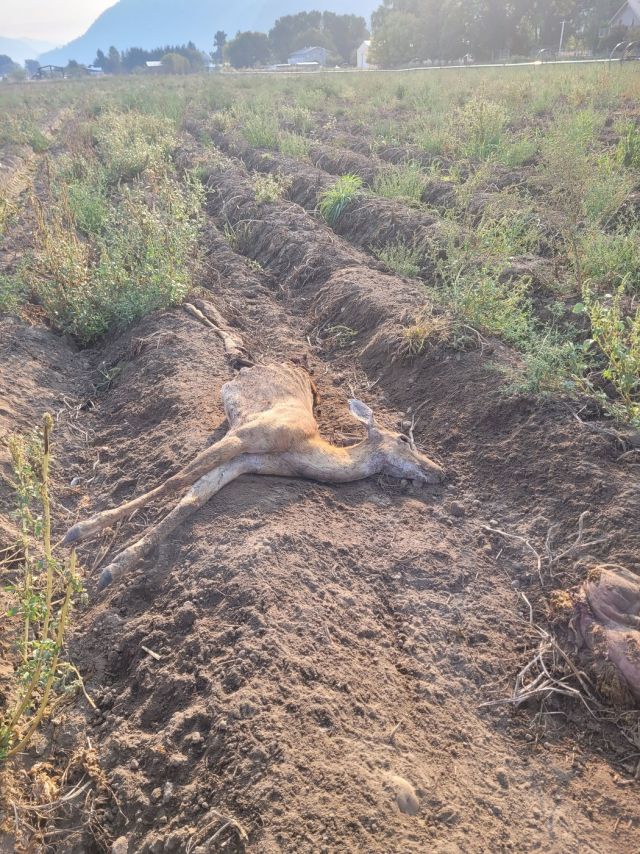IronNoggin
Well-Known Member
Testing planned after 30 deer found dead in two weeks in Grand Forks, B.C.
Samples have been collected to try and figure out what has killed at least 30 deer over the last two weeks in and around Grand Forks, B.C.Jeff Gailey, president of the Grand Forks Wildlife Association, says he won't speculate on the cause, but the samples will be tested for bluetongue and epizootic hemorrhagic disease, which killed a large number of California bighorn sheep in the region in 2021.
Gailey says the animals all appear to be in good health when their bodies are found, though a young animal was recently discovered with some discharge.
He says the local veterinarian is not able to do the testing, so the samples will have to be taken nearly 200 kilometres north to Penticton for answers, hopefully by Wednesday.
Gailey says the uncertainty has people in the community on edge but that the deaths don't appear to be caused by chronic wasting disease, a different fatal illness that was discovered in B.C. for the first time last year.
The provincial government website describes EHD and bluetongue as similar hemorrhagic diseases where viruses cause sudden death.
"Hemorrhage and lack of oxygen in the blood result in a blue appearance of the oral mucosa, hence the name 'bluetongue'," the website says.
"Between eight and 36 hours following the onset of signs, animals usually go into shock, collapse and die," the website says.

Testing planned after 30 deer found dead in two weeks in Grand Forks, B.C. - Nelson News
Samples have been collected to try and figure out what has killed at least 30 deer over the last two weeks in and around Grand Forks, B.C.
www.castanet.net
